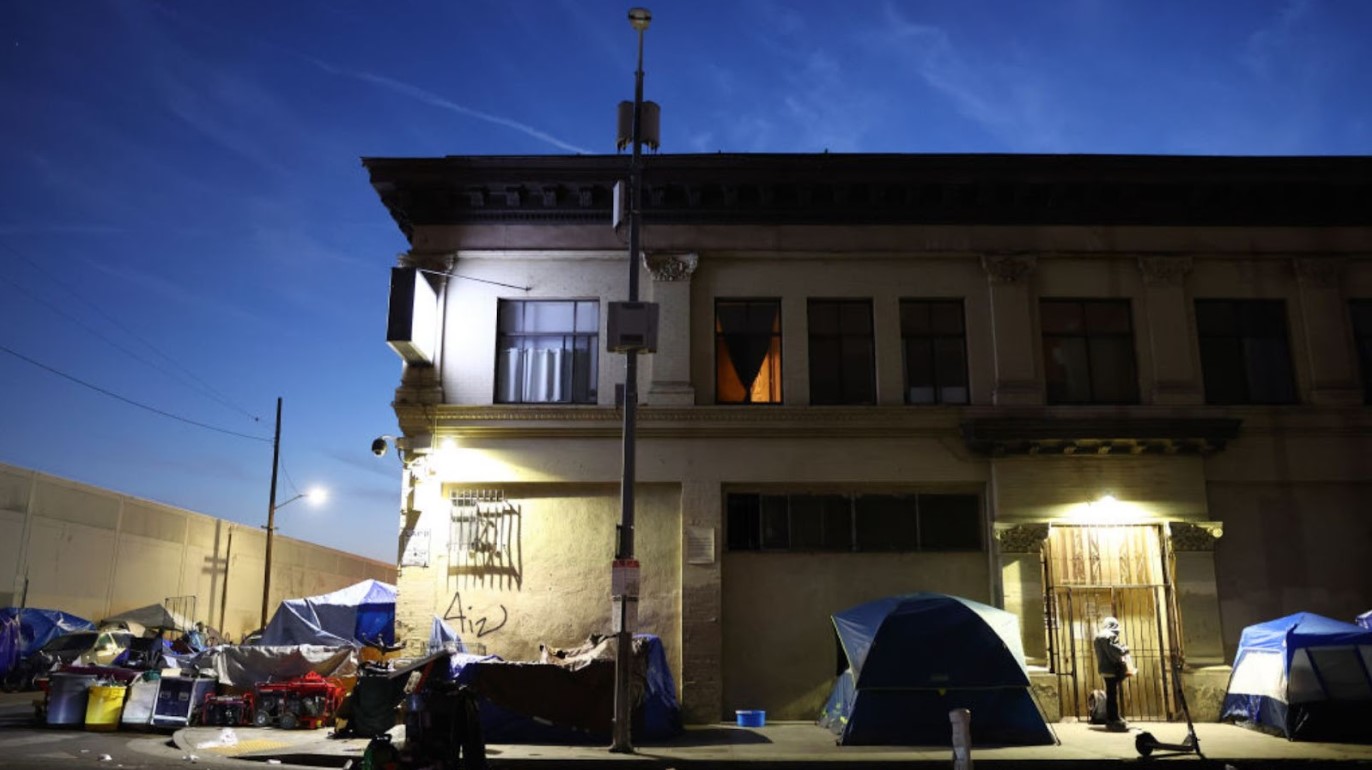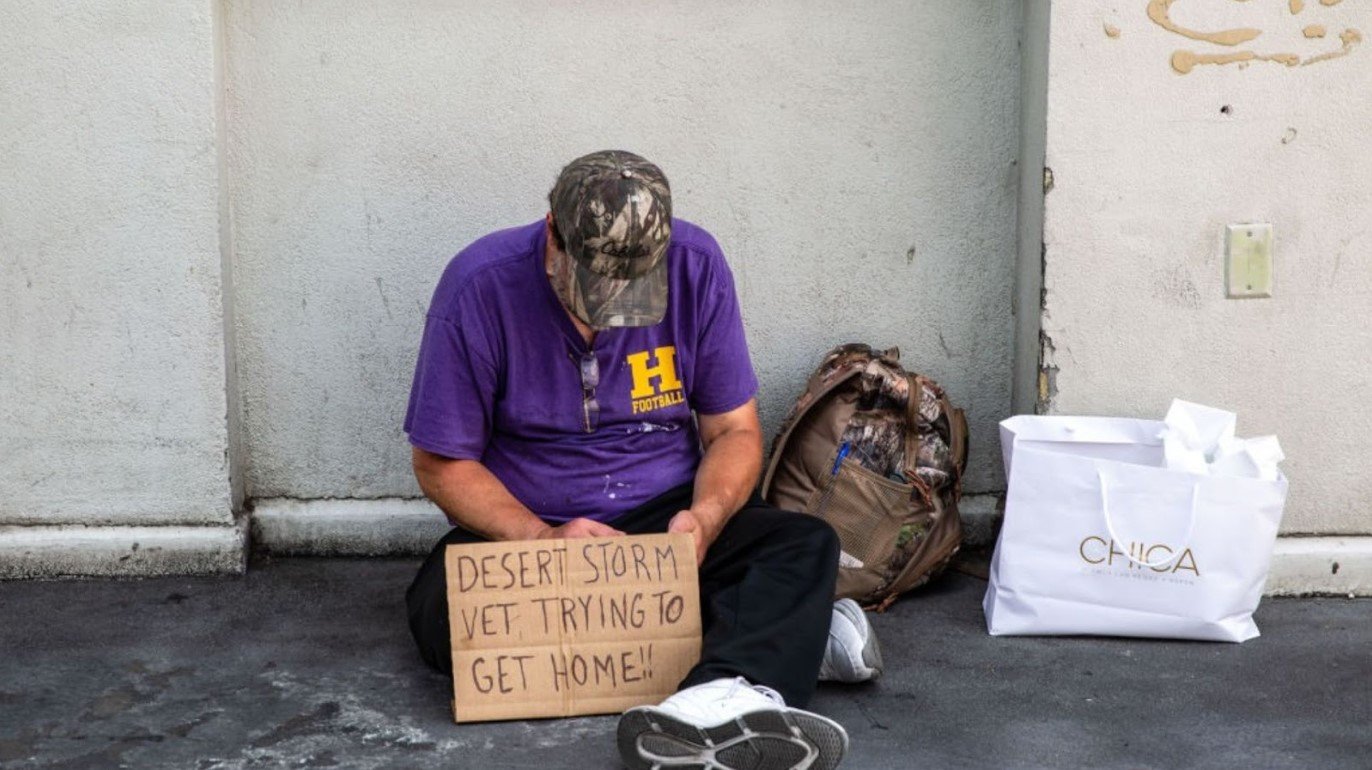Why it’s Illegal to Feed the Homeless in Cities Across The U.S.
For over twenty years, the volunteers of Food Not Bombs have tirelessly served meals to Houston’s homeless community, particularly at the nexus of Smith and McKinney streets.
Recently, this commendable act has met unexpected resistance, as the city’s Charitable Feeding Ordinance threatens the continuation of their mission, sparking a wider debate on the boundaries of compassion and law.
How a Dormant Law Suddenly Gained Significance
Introduced in 2012, the Charitable Feeding Ordinance was relatively unheeded, demanding that any group—registered or otherwise—must obtain prior consent when intending to serve food to more than five people on any public or private premises.

Source: Vlad Busuioc/Unsplash
Recent stringent enforcement has now cornered Food Not Bombs into distributing meals at a designated Houston Police Department parking lot, thereby spotlighting the nuances of the regulation.
Facing the Consequences: The High Price of Philanthropy
As Food Not Bombs persists in their operations, they find themselves grappling with cumulative fines, currently totaling $23,500.

Source: Joel Muniz/Unsplash
While some cases have seen dismissal due to administrative oversights, the City of Houston’s unwavering intent to uphold this ordinance highlights the tension between bureaucratic procedures and acts of kindness, necessitating broader discussions on societal ethics and legalities.
A Nationwide Shift in Addressing Homelessness
Houston’s stance does not stand in isolation. Cities nationwide are introducing measures to regulate acts of feeding the homeless. Driven by concerns over health, public safety, and maintaining order, such decisions often culminate in controversial events, such as the detainment of a WWII veteran in Fort Lauderdale for merely providing meals.

Source: Getty Images
This growing trend emphasizes the need to harmoniously reconcile municipal concerns with humanitarian efforts.
Where do We Draw the Line on Acts of Kindness?
This unfolding scenario in Houston and beyond isn’t merely a policy debate—it echoes deeper societal values, rights, and priorities.

Source: Getty Images
As urban centers grapple with the complexities of balancing regulation and compassion, the broader discourse sheds light on the pivotal challenge ahead: crafting a holistic approach that not only safeguards public interests but also upholds the principles of human dignity and care.
